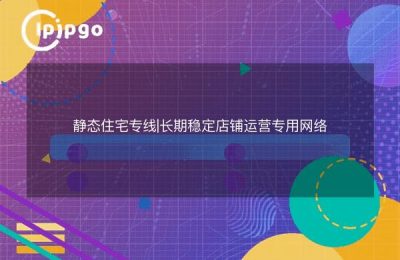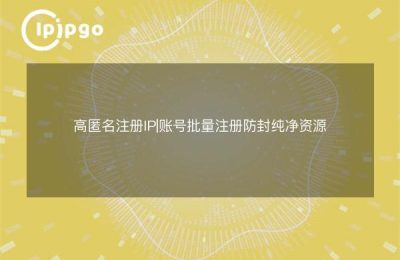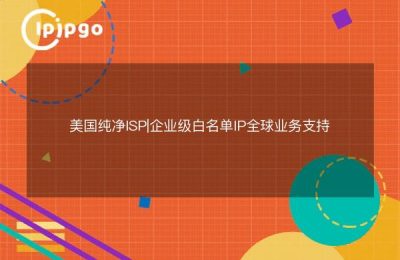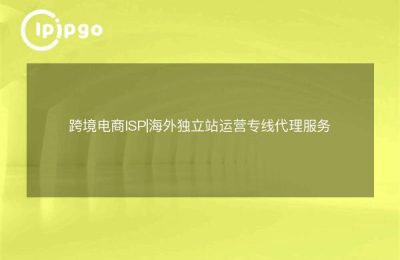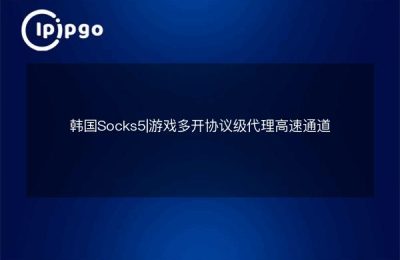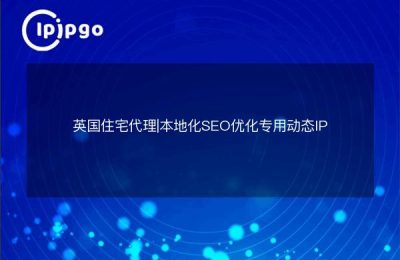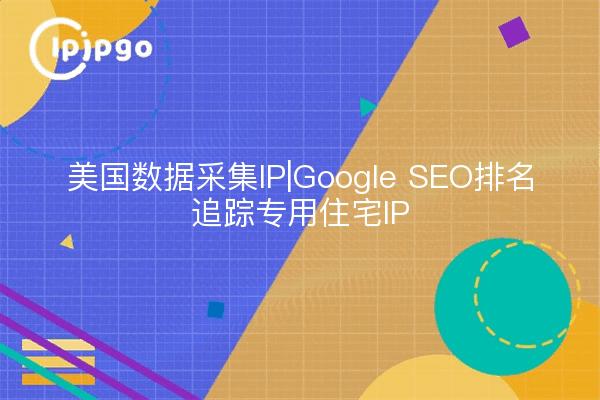
Why do you need US residential IPs for data collection and SEO tracking?
In the scenario of data crawling and search engine ranking monitoring, many operations will trigger the anti-crawling mechanism of the target website. For example, if you frequently use the same IP to collect commodity prices in batch, or use the data center IP to monitor Google search results, you will be restricted from accessing the site if it is light, or you will be permanently blocked from the IP segment if it is heavy. At this timeReal Home Broadband IPThe advantage of this is demonstrated - they are assigned by local ISPs and have exactly the same behavioral characteristics as regular users.
Taking the US region as an example, if you want to collect Walmart merchandise inventory data, you can bypass most of the anti-crawl rules by using a residential IP. Similarly, when monitoring your website's keyword rankings on Google's US site, the results obtained using a local home IP are the closest to what real users are searching for.
Three dimensions to choose the right proxy IP service provider
Agency services are a mixed bag on the market, and those that truly meet professional needs must meet three core criteria:
1. IP purity:Proxy IPs are required to come from real home networks, not server room virtual IPs. ipipgo's residential IPs cover all 50 states, and each IP is carrier-authenticated to ensure that it won't be flagged as proxy traffic by targeted websites.
2. Network stability:Dynamic IP although easy to replace, but in the need to maintain session continuity scenarios (such as simulation of user search behavior) to use static residential IP. ipipgo supports two modes of free switching, and through the BGP intelligent routing technology to ensure that the online rate of 99.9%.
3. Ease of operation:Professional users often need to manage multiple IPs at the same time. ipipgo's control panel allows you to view IP geolocation in real time, set the frequency of automatic changes, customize request header information, and even assign separate IP pools to different tasks.
Practical operation: three steps to build the collection system
Here is a demonstration of data collection using Python in combination with proxy IPs (monitoring Amazon prices as an example):
import requests
from ipipgo import RotatingProxy
Initialize IP pool (US residential dynamic IP)
proxy_pool = RotatingProxy(country='US', proxy_type='residential')
for page in range(1, 10).
proxy = proxy_pool.get_next_proxy()
headers = {'User-Agent': 'Mozilla/5.0 (Windows NT 10.0)'}
headers = {'User-Agent': 'Mozilla/5.0 (Windows NT 10.0'}
response = requests.get(
'https://www.amazon.com/product-page',
proxies={'http': proxy, 'https': proxy},
headers=headers,
timeout=15
)
Parsing page data...
except Exception as e.
proxy_pool.mark_bad_proxy(proxy)
The key point is the automatic replacement of IPs for each request and the automatic elimination of failed nodes through an anomaly detection mechanism. Using ipipgo's API you can directly integrate such an intelligent rotation system.
Special Tips for SEO Rank Tracking
Be careful when doing Google search ranking monitoring:
- Prioritize IPs that match the location of the target user (e.g., use a New York City IP if you're tracking rankings in the New York area)
- Recommended ≥30 seconds between each search
- Regularly Clean Browser Cookies to Avoid Personalized Search Interference
via ipipgo'sCity-level positioning functionsThe company can accurately capture residential IPs in specific cities such as Silicon Valley, Chicago, etc. A client test found that a search for the keyword "local hotels" using a Texas IP resulted in a 17 position difference in rankings compared to a California IP, which validates the importance of geographic location for SEO monitoring.
Frequently Asked Questions QA
Q: How to deal with CAPTCHA encountered during collection?
A: Prioritize reducing the request frequency, followed by replacing the IP segment. ipipgo's 90 million+ IP pool can effectively disperse the request target, and together with UA randomization can reduce the CAPTCHA triggering rate of 90%.
Q: Why do I need to support both Socks5 and HTTP protocols?
A: Different collection tools have specific requirements for protocols. For example, the Scrapy framework natively supports HTTP proxy, while some crawler software requires Socks5 protocol. ipipgo full protocol support features allow users to adapt to various technical solutions without modifying the code.
Q: How do I verify the authenticity of a proxy IP?
A: Visit whois.domaintools.com to check the IP organization, residential IP will be shown as "Comcast Cable" and other carriers, while the data center IP is labeled as the name of the cloud service provider. ipipgo provides an online inspection tool, which can be used to verify the IP attributes in one click.

